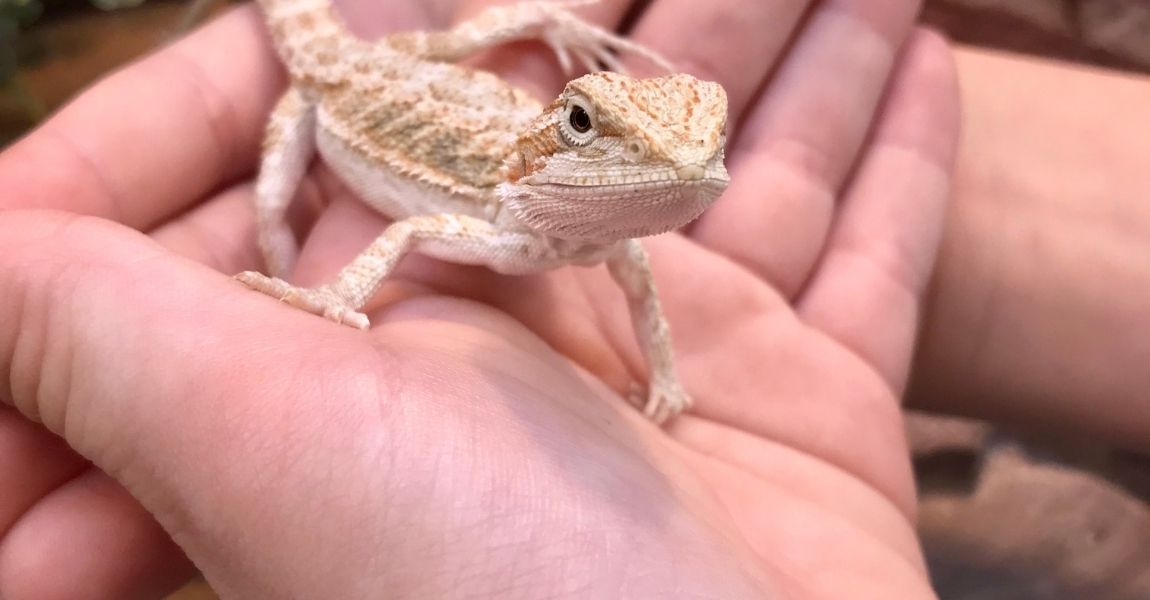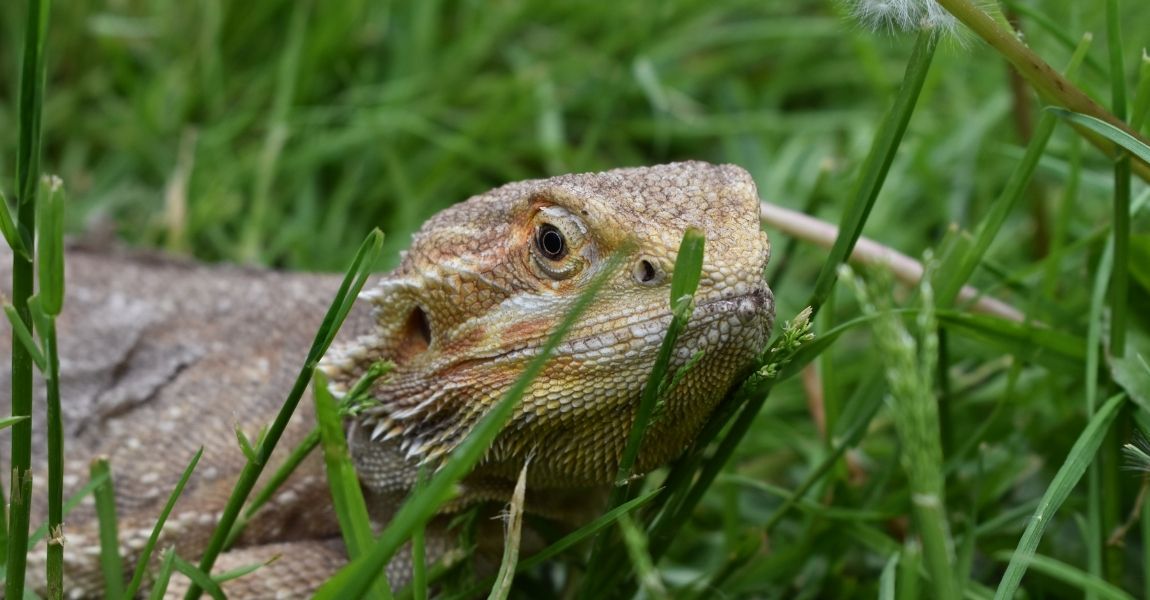Introduction:
Bearded dragons are popular reptile pets known for their unique appearance and docile nature. These fascinating creatures require specific care and attention to ensure their happiness and overall well-being. In this article, we will provide you with a comprehensive guide on how to keep your pet bearded dragon happy and healthy.
Proper Enclosure Setup:
Start by setting up a spacious and secure enclosure for your bearded dragon. Provide a tank or terrarium that is at least 40 gallons (150 Liter) in size for adult dragons. Create a comfortable environment with appropriate substrate, such as reptile carpet or non-adhesive shelf liner, and incorporate hiding spots, basking areas, and climbing branches for enrichment.
Temperature and Lighting:
Maintain the proper temperature gradient within the enclosure. Provide a basking spot with a temperature around 95°F (35°C) and a cooler area around 80°F (27°C). Use a combination of heat lamps and UVB lighting to ensure adequate heat and proper exposure to ultraviolet light for calcium metabolism.
Nutritious Diet:
Bearded dragons are omnivorous, and their diet should consist of a balanced mix of live insects and fresh vegetables. Feed your dragon a variety of gut-loaded insects, such as crickets, dubia roaches, and mealworms, along with leafy greens, squash, and occasional fruits. Calcium and vitamin D3 supplements are essential for their bone health.
Hydration:
Ensure your bearded dragon has access to clean water at all times. Mist the enclosure regularly to maintain proper humidity levels, and provide a shallow dish of water for bathing. Some bearded dragons enjoy soaking, which helps with hydration and shedding.
Regular Handling and Socialization:
Handle your bearded dragon regularly to promote socialization and build trust. Start with short handling sessions and gradually increase the duration as your dragon becomes comfortable. Always support their body and avoid grasping their tail, as it can cause stress or injury.
Environmental Enrichment:
Bearded dragons benefit from environmental enrichment to keep them mentally stimulated. Provide a variety of textured objects, such as branches, rocks, and hides, for climbing and exploring. Introduce puzzle feeders, toys, and safe objects for them to investigate and interact with.
Regular Veterinary Check-ups:
Schedule regular visits with a reptile-savvy veterinarian to ensure your bearded dragon's health. Routine check-ups can help identify any underlying issues and prevent potential health problems. Veterinary professionals can also provide guidance on diet, supplements, and overall care.
Proper Hygiene:
Maintain a clean enclosure by regularly removing waste and spot cleaning. Thoroughly clean and disinfect the enclosure on a regular basis, using reptile-safe cleaning products. Provide fresh food and water daily to prevent bacterial growth and ensure your dragon's hygiene.
Avoid Overfeeding and Obesity:
Bearded dragons are prone to overeating and obesity, which can lead to health complications. Offer appropriately sized food items and monitor their feeding habits. Adjust the feeding schedule and portion sizes according to your dragon's age, size, and activity level.
Observation and Monitoring:
Observe your bearded dragon daily to monitor their behavior, appetite, and overall health. Look for any signs of illness or abnormal behavior, such as decreased appetite, lethargy, weight loss, or changes in bowel movements. Early detection of health issues can help in providing timely veterinary care.
Conclusion:
Keeping your pet bearded dragon happy and healthy requires a combination of proper housing, nutrition, temperature regulation, socialization, and regular veterinary care. By providing a suitable environment and meeting their physical and behavioral needs, you can ensure that your bearded dragon thrives and enjoys a long, fulfilling life as your reptile companion.





